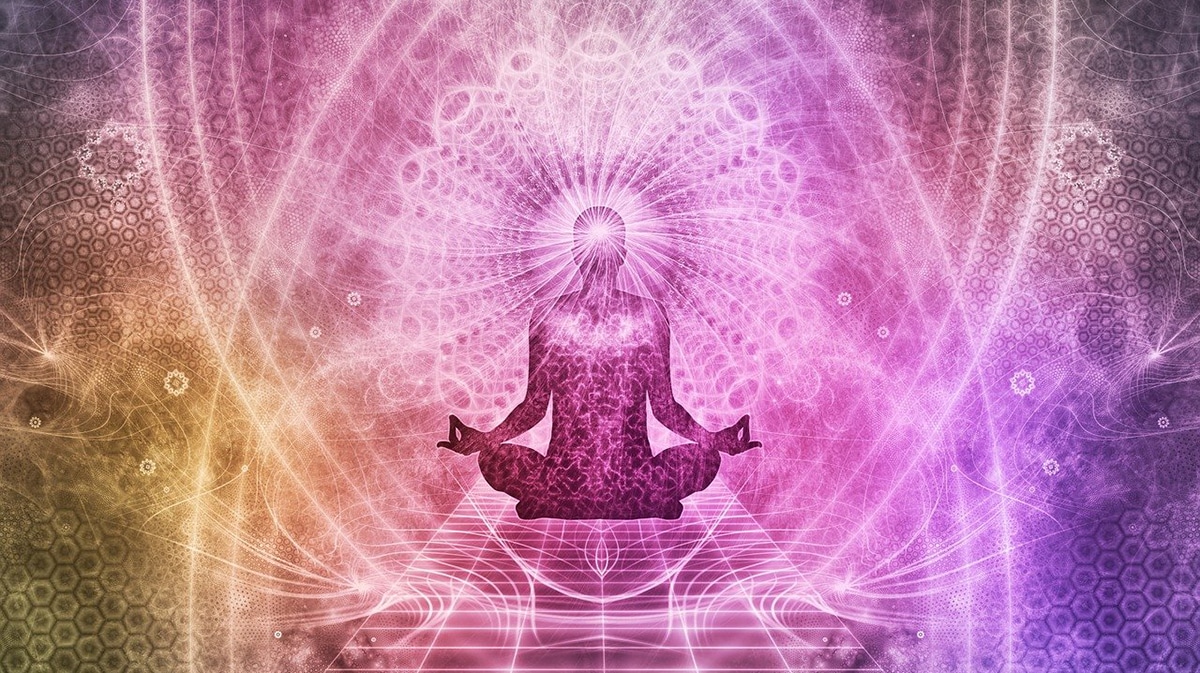
Today there are many different philosophical doctrines, beliefs and religions. But are they really that different? Many people believe that they have a common base, that they arose from the same idea, and we want to talk about this idea in this article. Specifically, We will explain what animism is and its definition.
In case you feel some curiosity about topics like souls, spirituality and ancient beliefs, I recommend you take a look at this text. Animism has a lot to do with these concepts and it is worth knowing what it is.
What is animism and examples?

The word "animism" comes from the Latin term soul, which translates as "soul." It is a concept that includes several different beliefs in which any existing element or object is endowed with its own consciousness or soul. As you can well imagine, this conception gives rise to many variants, such as beliefs in human souls or in spiritual beings. Basically, according to animism, absolutely everything is alive or has a soul.
Within the beliefs of animism are those that say that all material elements have consciousness, relating to each other and giving rise to a universal soul, known as Anima mundi. Therefore, there is really no hard and fast distinction, and some traditions, such as the Japanese, go even further. Let's look at some examples below:
- Japan: tsukumogami y Kotodama. Both concepts are part of the anima belief. The first refers to the created objects, especially the old ones. On the other hand, the second refers to the acts carried out, it could be translated as "the power of the word".
- America: ngen. They are nature spirits that some people believe in.
- Africa: magara. You could say it means "universal life force." It is in Africa that animism has reached its most finished and complex version. According to this belief, maybe creates a connection between all animate beings. Furthermore, they believe in a close bond between the souls of the dead and the living.
- Neopagans: According to neopagans, who define their beliefs as animistic, the horned god and the mother goddess co-exist together in all things.
- Pantheism: For the pantheists, everything is equated with existence, both the deity of the monotheists and nature and the universe, conceive everything as the same thing.
Animism: Definition by Edward Tylor
It was the anthropologist named Edward Tylor who developed the idea of animism in his book «Primitive Culture», published in 1871. For this reason, we are going to comment a little on animism and its definition according to this man. In his book, Edward Tylor defines this concept as a general doctrine of both souls and other spiritual beings. According to him, this concept almost always includes the idea of penetrating the will of nature and life itself. Furthermore, it implies the belief that all non-human elements possess souls as well.

From Tylor's point of view, Animism was the first extant form of religion. From him, within the evolutionary framework of all religions, various stages have passed and he is convinced that, finally, humanity will end up completely rejecting religion, giving way to scientific rationality. Thus, this anthropologist considers that animism was basically an error from which religions arose. Although it is true that he did not think that this belief was illogical, he did believe that it arose from the visions and dreams of the first human beings. Consequently, it is a rational system.
Initially, Edward Tylor wanted to call this concept "spiritualism". However, he realized that it could become quite confusing, since this current, although modern, already existed in Western nations. He therefore opted for the term "animism", inspired by the writings of Georg Ernst Stahl, a science writer from Germany. In the year 1708, this German had developed the animism as a biological theory. According to him, the vital principle was formed by souls and abnormal phenomena related to diseases and the usual phenomena of life. they could have spiritual causes.
General Characteristics of Animism

At a general level, the principle of animism is the belief in a vital and substantial force which is part of all animate beings. In addition, he defends that there is a very close relationship between the world of the living and the world of the dead. It should also be noted that he holds the existence of several gods with whom it is possible to interact.
Unlike the religions considered prophetic, the origins of animism cannot be defined concretely. Along with shamanism, It is one of the oldest beliefs. In fact, ancient egyptian religion it was founded on the basis of animism. Let’s see what are the general characteristics of this concept:
- It is possible to interact with both nature and spirits directly.
- The soul has the ability to leave the body during trance, substance, natural, meditation or dream processes.
- There are spiritual beings that inhabit the soul of humans or the spirits of other beings.
- Sacrifices or offerings are carried out with expiatory character.
- We are all part of a whole.
- Both the good and the positive always prevail.
- Always be open to new thoughts and ideas.
- We must put understanding, knowledge, humility and respect first, and always share.
- Life does not end after death, but continues.
- The existence of various gods, entities and spirits is recognized.
- There are sacred people who fulfill their role as mediators: Witches, mediums, sorcerers, shamans, etc.
- Fusion of concepts: time + times, object + symbol, past + present + future, individual + community, among others.
- Consciousness and universal connection: Everything has consciousness and is alive.
- Everything is charged with energy and ends up affecting.
- Plants and natural substances are used to sanction, learn and reveal things.
- Although everything can influence, the final decision is ours.
Now you know what animism is and its definition. But the big question is: do you consider yourselves animists?